Health Benefits Of Mandarin Oranges: Recipes And Storage
Get the burst of vitamin C along with the sweet-tart tanginess of the finest citrus fruit.
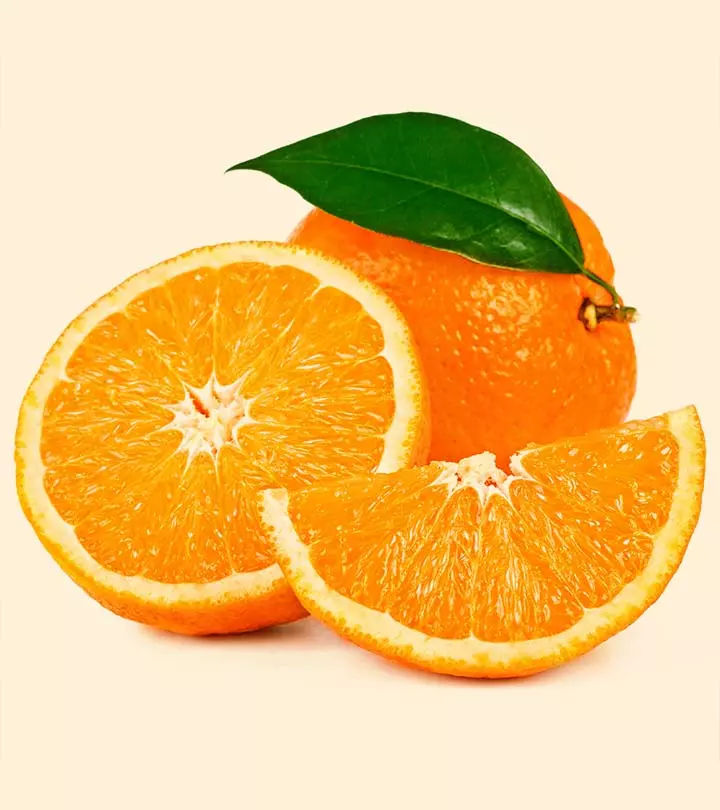
Image: Shutterstock
While everyone knows and loves oranges for their sweet and tangy flavor, are you aware of the many varieties of oranges and their benefits as well? Thankfully, we are here to tell you about the different ways how mandarin oranges benefit you! Mandarin oranges look similar to regular oranges, just smaller in size and richer in flavor! They have a thin, wrinkly red-orange skin that is easy to peel.
Tangors, clementines, pomelos, satsumas, naartjies, kumquats and owari are commonly known varieties of mandarin oranges, while tangerine is the most common one.
A survey conducted on 4493 US-based individuals found that tangerine ranks eighth among the most common and popular fruits consumed by the population. This type of mandarin orange is liked by 79% of individuals and is more popular among women (80%) than men (77%). Further, its popularity among baby boomers, Gen X, and millennials is 83%, 78%, and 75%, respectively.
Grapefruits, lemons and limes are also similar citrus fruits that belong to the same family. While fresh mandarins are usually harvested in winters, canned mandarins are available all through the year. This fruit can be eaten raw, added to salads and juices, and used to flavor candies, ice cream, and popsicles! Other than that, mandarin orange oil derived from its peel is used in the perfume and beauty industry as well. These are just a few of the mandarin orange benefits to give you a little idea. Keep reading to know more!
 Know Your Ingredient: Mandarin Orange
Know Your Ingredient: Mandarin OrangeWhat Is It?
A variety of orange and also a citrus fruit that is smaller with a rich flavor.
What Are Its Benefits?
It has vitamins and antioxidants that improve skin health and immunity and reduce cholesterol, weight, and cancer risk.
Who Can Consume It?
It is generally safe for everyone to consume.
How Often?
It can be consumed daily in moderation.
Caution
Excessive consumption may lead to diarrhea, nausea, and dental problems.
In This Article
Health Benefits of Mandarin Oranges
Mandarin oranges are more than just a tasty treat. Mandarin oranges provide a number of health benefits, including reducing cancer risk and helping to lose weight.
1. Reduce Risk Of Cancer
Research has revealed that mandarins can lower the risk of developing liver cancer. The carotenoids present in mandarin oranges have been shown to reduce the risk of liver cancer. Mandarin juice given to hepatitis C patients failed to develop liver cancer because of its high beta-cryptoxanthin content. Mandarin orange has a high level of limonene which has anti-cancer effects and also helps to prevent breast cancer (1), (2).
2. Good Source Of Vitamin C
Mandarins contain a high level of Vitamin C which provides a number of health benefits.
Vitamin C helps to fight a number of unstable molecules in our body known as free radicals through its antioxidant properties. We all are aware of the fact that free radicals in the body can lead to infectious diseases and cancer. The antioxidants present in mandarins disarm free radicals and prevent cellular damage (3).
3. May Help With Cholesterol Problems
Mandarins produce synephrine which curbs the production of cholesterol in the body.
The antioxidants present in Mandarin help to lower bad cholesterol and promote good cholesterol. Mandarins combat the free radicals that oxidize the cholesterol which makes the cholesterol to stick to the artery walls. Further they contain soluble and insoluble fiber like hemicellulose and pectin which prevents cholesterol absorption in the gut (3), (4), (5).
4. May Lower Blood Pressure
Mandarins also help to lower blood pressure levels. They consist of nutrients and minerals like potassium that lowers the blood pressure. Mandarins keep the blood flow move smoothly through the arteries which keeps the blood pressure normal (3).
5. May Help Reduce Weight

Mandarins are a substantial source of fiber. Fiber rich foods keep the stomach full for a longer period of time and reduce the desire or need to eat more food, assisting in weight loss. Doctors have found that eating mandarin oranges benefits to lower insulin, thus instead of storing sugar and converting them to fats, it uses it as a fuel that leads to weight loss (6), (7).
 Trivia
Trivia6. May Boost Immunity

Vitamin C in Mandarin is instrumental in preventing cold and is vital for the proper functioning of a healthy immune system. Mandarins have anti-microbial properties that prevent wounds from getting septic and from viral, fungal, and bacterial infections. Mandarins prevent spasms in the digestive and nervous system thus preventing cramps and vomiting. Mandarin is a natural blood purifier that helps to flush out toxins and unwanted substances from the body (8), (9).
7. Promotes Skin Health
Vitamin C present in Mandarin is very good for the skin both when consumed internally and applied topically on the skin.
Regular intake of mandarin juice makes the skin glow and improves the skin tone to a great extent. The antioxidants present in Mandarin protect the skin from harsh UVA rays and help the skin to resist the damage caused by the sun and free radicals. It also reduces signs of aging like wrinkles, fine lines, and blemishes (10), (11).
Skin Benefits of Mandarin Oranges
It is a well-known fact that citrus fruits are great for skin and mandarin is no different (10), (11).
8. Good Source Of Antioxidants
Mandarin comes packed with antioxidants. It can provide 80% of your total daily vitamin C requirement. They help neutralize the harmful toxic effects of free radicals. This makes your skin look younger and healthy.
9. Leaves Skin Glowing

Mandarins come with a lot of dietary fiber. This makes it easy to cleanse the system. It flushes out all harmful toxins from one’s body. This gives a healthy and natural glow to your face.
10. May Improve Skin Tone
Mandarins are a good source of vitamin C and E. Both these are essential for healthy-looking skin. Regular intake of the mandarin fruit greatly improves one’s complexion. It also gives you flawless and blemish-free skin.
11. May Fight Wrinkles
If you are particularly looking for citrus fruits for your skin, mandarins could be your choice. They are effective in reducing the signs of aging and providing a radiant glow. Mandarins are popular for fighting signs of ageing like wrinkles and fine lines. They can be either consumed raw or as juice, and can be applied topically as well.
12. Heals Wounds:
Mandarin oil (extracted from mandarins) is found to be helpful in growing new cells and tissues. This helps in healing wounds faster.
Hair Benefits of Mandarin Oranges
13. Good Source Of Antioxidants
The antioxidant properties of mandarins help fight pollution. Hence they protect your hair by conditioning them (12).
14. May Add Shine And Bounce

You can topically apply mandarin juice to your hair and rinse it thoroughly thereafter. Instant shine and bounce will be visible in your hair. Make sure you apply the mandarin juice only after adding it to your hair oil.
How To Select
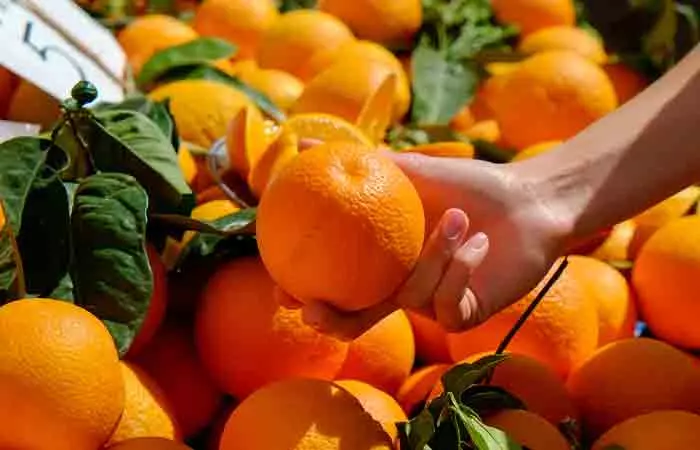
- Always look for unblemished fruits. These are good in quality.
- Look for glossy fruits when selecting.
- Weigh the fruit down with your hand. Always pick the heavier one.
- Heavy mandarins mean more juice.
- Never pick soft ones.
- Watch out for rotten fruits and those with cuts. Avoid them at all costs.
How To Store
- The fruit can be stored for about a week.
- Never wash mandarins before storing.
- If wet, it can encourage growth of fungus and spoil the fruit.
- If not consumed within a week, you can refrigerate it for some more days. Refrigeration can extend its life to up to 2 weeks.
These tips can help you enjoy the mandarin oranges in the most delicious way. In fact, you can enjoy all kinds of Mandarin oranges for a long time using these storing techniques. But what are all the different kinds of Mandarin oranges? Let’s find out.
Varieties Of Mandarin Oranges
The different types of mandarin oranges are:
Clementines
Clementines are small, seedless, and easy to peel. They have a sweet, mild flavor, making them a favorite snack for kids.
Satsumas
Satsumas are known for their thin, easy-to-peel skin and are often seedless. Their flavor is sweet with a slight tartness, making them refreshing and juicy.
Tangerines
Tangerines are slightly larger than other mandarins and have a deeper orange color. They have a sweet, tangy flavor with a hint of bitterness.
Honey Mandarins
Honey mandarins are sweet and juicy with a thin peel. They have a rich, honey-like flavor, which is where they get their name.
Dancy Mandarins
Dancy mandarins are small with a deep orange color and are often used in holiday fruit displays. They have a strong, sweet-tart flavor.
Pixie Mandarins
Pixies are late-season mandarins with bumpy skin. They are known for their sweet flavor and are often seedless, making them ideal for snacking.
Encore Mandarins
Encores are medium-sized with thick, bumpy skin. They have a complex flavor, balancing sweetness with slight acidity.
Now that you know the types, it will be easier to figure out how to use them in different recipes. Keep reading to learn more about it.
Eating Tips And Recipes
Mandarins are famous because of their low-calorie count and high content of essential nutrients, minerals, and vitamins. It is best to eat at least 1-2 mandarins every day. Add it to your fruit salad for maximum nutrition from mandarin oranges and to give your salad a much-needed protein boost. You can also add mandarin slices to salads for a sweet, tangy twist or blend them into smoothies for a citrusy flavor boost. They can be used as a topping for yogurt or oatmeal, or as a quick, healthy snack. Mandarin segments can add a refreshing fragrance and taste to your sweet baked dishes like fruit tarts or cakes. Also, you can use mandarin juice in marinades or dressings for a zesty flavor.
Mandarin Orange Healthy Dessert:
Ingredients:
- 1 box sugar-free gelatin
- 1 cup of boiling water
- ½ cup cold water
- 1 cup drained mandarin oranges
- 1 cup of light whipped cream
- 1 cup low-fat yogurt
- 1 cup crushed pineapple in juice form
Preparation:
- In a dish, add gelatin and boiling water and keep stirring until gelatin is completely dissolved.
- Now add cold water and pineapple along with mandarin juice.
- Let it chill in the fridge until it is completely set.
- Now combine the light whipped cream and yogurt as well.
- Fold this well into the gelatin mixture.
- Let it chill for at least 3-4 hours.
- Once it is set well, cut into squares and serve.
Danielle, a blogger, recalls her personal experience of experimenting with mandarin oranges for a unique and delightful dessert recipe. She prepared kuchen, which is a type of tea/coffee cake, experimenting using dried apricots and mandarin orange slices for the cake layer. Regarding results, she adds, “Mmmm, it was delicious! Perhaps I had just tasted an apricot. I ate the whole piece and it was all delicious! Who would have thought that mandarin oranges on a cake would taste so good! I absolutely loved the cake! (i).”
Mandarin Orange Fruit Salad:
Ingredients:
- 1 can of drained mandarin oranges
- 1 can of pineapple chunks
- 1 jar of maraschino cherries
- 1 cup of marshmallows
- 1 cup of flaked coconut
- 1 cup of sour cream
Preparation:
- Drain all the canned mandarins, pineapple chunks and cherries.
- Do not throw away the juice.
- You can store it for later use.
- Now combine these fruits with flaked coconut and marshmallows.
- Toss it well and mix.
- Pour in some sour cream and fold it in.
- Now let it chill in the refrigerator for few hours and enjoy this salad cold.
- You can sprinkle a little sugar to add sweetness.
- You may also add other fruits like seedless grapes.
- This delicious fruit salad can be enjoyed anytime, especially during summers.
Mandarins are fat free, sodium free, cholesterol free and saturated fat free as well. So eat as many mandarins as you want in a day.
Mandarin Marshmallows Kebabs:
Ingredients:
- Few thread-peeled mandarins
- Peeled kiwi fruit
- Marshmallows
- Strawberry puree
- Honey
- Strawberry yogurt (optional)
Preparation:
- Take bamboo skewers and put mandarins, kiwi and marshmallows alternatively.
- Now pour strawberry puree and honey on the sticks and serve.
- If you like a little creamy texture, you can add strawberry yogurt on the top.
- This is an extremely healthy and popular snack amongst kids.
Infographic: Recipe – Mandarin Orange And Chicken Salsa With Rice
Mandarin orange is a low-calorie and highly nutritious fruit, which makes it an excellent addition to your daily diet. While you can add this sweet and zingy treat to your desserts, we have also provided a recipe for a beautiful chicken and mandarin orange salsa that makes for the perfect lunch along with a bowl of rice. Check out the infographic below to know more! Illustration: StyleCraze Design Team
 Did You Know?
Did You Know?Mandarin oranges are distinct species from the orange family with high active plant compounds. The antioxidant and anti-inflammatory properties of mandarin oranges benefit your health in many ways. Consumption of mandarins may help reduce cancer risk, prevent cellular damage, lower bad cholesterol levels, decrease blood pressure, and aid in weight loss. In addition, they help improve skin tone, impart a natural glow to the skin, fight wrinkles, and add shine and bounce to your hair. You can prepare healthy desserts, fruit salad, and kebabs with these citrus fruits to gain maximum nutrition from it. Store them in the refrigerator and make them a part of your daily diet to reap their benefits.
Mandarin Oranges Nutrition Facts
Check out in detail the nutritional value of mandarin oranges (13).
| Principle | Nutrient Value | Percentage of RDA |
| Energy | 53 Kcal | 2.5% |
| Carbohydrates | 13.34 g | 10% |
| Protein | 0.81 g | 1.5% |
| Total Fat | 0.31 g | 1% |
| Cholesterol | 0 mg | 0% |
| Dietary Fiber | 1.8 g | 5% |
| Vitamins | ||
| Folates | 16 µg | 4% |
| Niacin | 0.376 mg | 2.5% |
| Pantothenic acid | 0.216 mg | 4% |
| Pyridoxine | 0.078 mg | 6% |
| Riboflavin | 0.036 mg | 3% |
| Thiamin | 0.058 mg | 5% |
| Vitamin C | 26.7 mg | 44% |
| Vitamin A | 681 IU | 23% |
| Vitamin E | 0.20 mg | 1% |
| Vitamin K | 0 µg | 0% |
| Electrolytes | ||
| Sodium | 2 mg | |
| Potassium | 166 mg | 3.5% |
| Minerals | ||
| Calcium | 37 mg | 4% |
| Copper | 42 µg | 4.5% |
| Iron | 0.15 mg | 2% |
| Magnesium | 12 mg | 3% |
| Manganese | 0.039 mg | 1.5% |
| Zinc | 0.07 mg | |
| Phyto-nutrients | ||
| Carotene-β | 155 µg | — |
| Carotene-α | 101 µg | — |
| Crypto-xanthin-β | 407 µg | — |
| Lutein-zeaxanthin | 138 µg | — |
| Lycopene | 0 µg | — |
Frequently Asked Questions
Which is healthier – oranges or mandarins?
Both citrus fruits have a similar nutritional profile and hence are equally healthy.
What happens if you eat too many mandarin oranges?
The high fiber content may lead to nausea, diarrhea, cramping, and the sugar and acid content may lead to dental problems like cavities.
Can people with diabetes eat mandarin oranges?
Yes. Mandarin oranges contain antioxidants that may reduce the risk of diabetes or its complications (14).
Are mandarins anti-inflammatory?
Yes. Citrus fruits, in general, are packed with anti-inflammatory compounds (3).
Are mandarin oranges acidic or alkaline?
Mandarin oranges are alkaline-forming fruits.
Key Takeaways
- Mandarin oranges contain vitamin C, which may aid in lightening and balancing out skin tone.
- Mandarin oranges contain antimicrobial properties, which may aid in preventing viral and bacterial infection.
- They may aid in protecting the hair by conditioning it as they are rich in antioxidants.
- Mandarin oranges may improve complexion as they are a rich source of Vitamins C and E.
- You can include this fruit in salad or make a healthy dessert out of it.
Illustration: Benefits Of Mandarin Oranges Nutrition Facts & Recipes
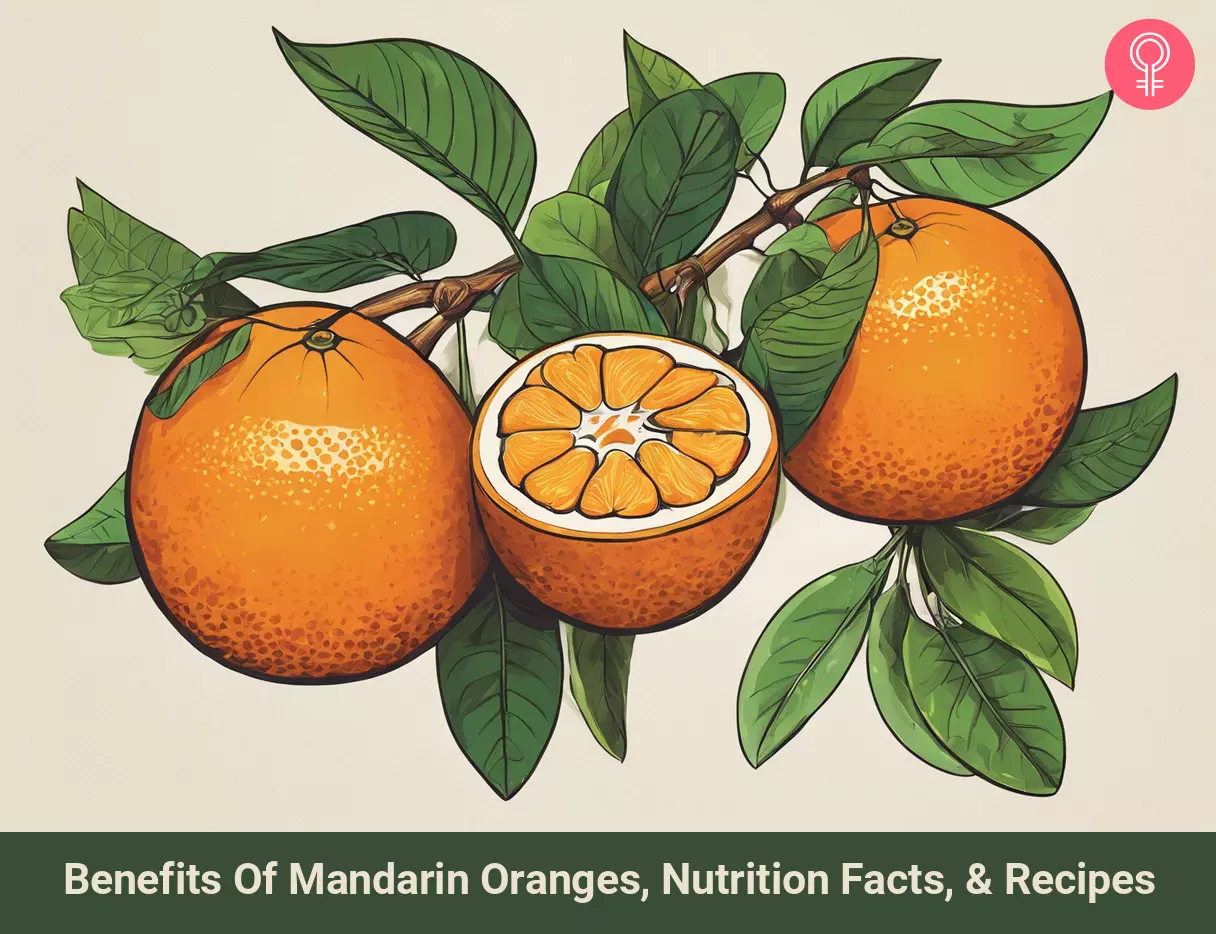
Image: Stable Diffusion/StyleCraze Design Team
The Mandarin orange offers many health benefits! Learn how to incorporate this delicious fruit into your diet for improved health and wellbeing. From protecting your skin to improving eye health, this video shows you all the amazing benefits of eating these oranges.
Personal Experience: Source
StyleCraze's articles are interwoven with authentic personal narratives that provide depth and resonance to our content. Below are the sources of the personal accounts referenced in this article.
i. Cooking with My Oma: Apricot and Mandarin Orange Kuchenhttps://thisisgingerrose.blogspot.com/2009/10/cooking-with-my-oma-apricot-and.html
References
Articles on StyleCraze are backed by verified information from peer-reviewed and academic research papers, reputed organizations, research institutions, and medical associations to ensure accuracy and relevance. Read our editorial policy to learn more.
- Cancer prevention by carotenoids
https://www.sciencedirect.com/science/article/abs/pii/S0003986108004487 - d-limonene exhibits antitumor activity by inducing autophagy and apoptosis in lung cancer
https://www.ncbi.nlm.nih.gov/pmc/articles/PMC5894671/ - Citrus fruits as a treasure trove of active natural metabolites that potentially provide benefits for human health
https://www.ncbi.nlm.nih.gov/pmc/articles/PMC4690266/ - Hypolipidemic and Bifidogenic Potentials in the Dietary Fiber Prepared from Mikan (Japanese Mandarin Orange: Citrus unshiu ) Albedo
https://www.jstage.jst.go.jp/article/jnsv/58/3/58_175/_article/-char/ja/ - The effect of mandarin juice on rats on high fat diet plus cholesterol
https://repositorio.ul.pt/handle/10451/43412 - Green satsuma mandarin orange (Citrus unshiu) extract reduces adiposity and induces uncoupling protein expression in skeletal muscle of obese mice
https://pubmed.ncbi.nlm.nih.gov/31093446/ - Lipolysis Induced by Segment Wall Extract from Satsuma Mandarin Orange (Citrus unshu Mark)
https://www.jstage.jst.go.jp/article/jnsv/53/6/53_6_547/_article/-char/ja/ - Vitamin C and Immune Function
https://www.ncbi.nlm.nih.gov/pmc/articles/PMC5707683/ - ANTIBACTERIAL ACTIVITY OF LEMON (CITRUS LEMON L.), MANDARIN (CITRUS RETICULATA L.), GRAPEFRUIT (CITRUS PARADISI L.) AND ORANGE (CITRUS SINENSIS L.) ESSENTIAL OILS
https://onlinelibrary.wiley.com/doi/abs/10.1111/j.1745-4565.2008.00131.x - The Roles of Vitamin C in Skin Health
https://www.ncbi.nlm.nih.gov/pmc/articles/PMC5579659/ - Antioxidants in dermatology
https://www.ncbi.nlm.nih.gov/pmc/articles/PMC5514576/ - The Role of Vitamins and Minerals in Hair Loss: A Review
https://www.ncbi.nlm.nih.gov/pmc/articles/PMC6380979/ - Tangerines, (mandarin oranges), raw
https://fdc.nal.usda.gov/fdc-app.html#/food-details/169105/nutrients - Chronic administration of Satsuma mandarin fruit (Citrus unshiu Marc.) improves oxidative stress in streptozotocin-induced diabetic rat liver
https://pubmed.ncbi.nlm.nih.gov/16508175/
Read full bio of Eva De Angelis
Read full bio of Tanya Choudhary
Read full bio of Ravi Teja Tadimalla
Read full bio of Moksha Gandhi





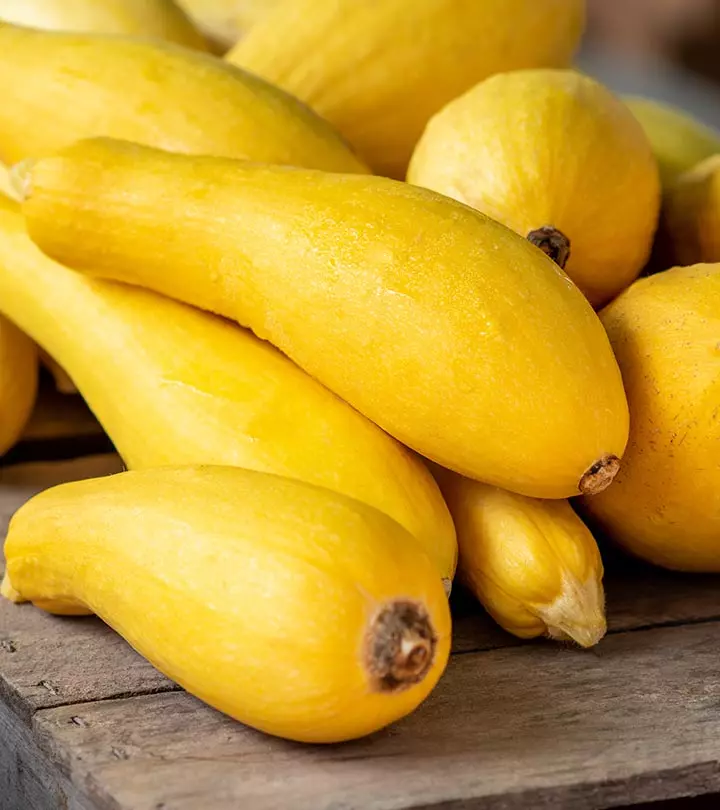
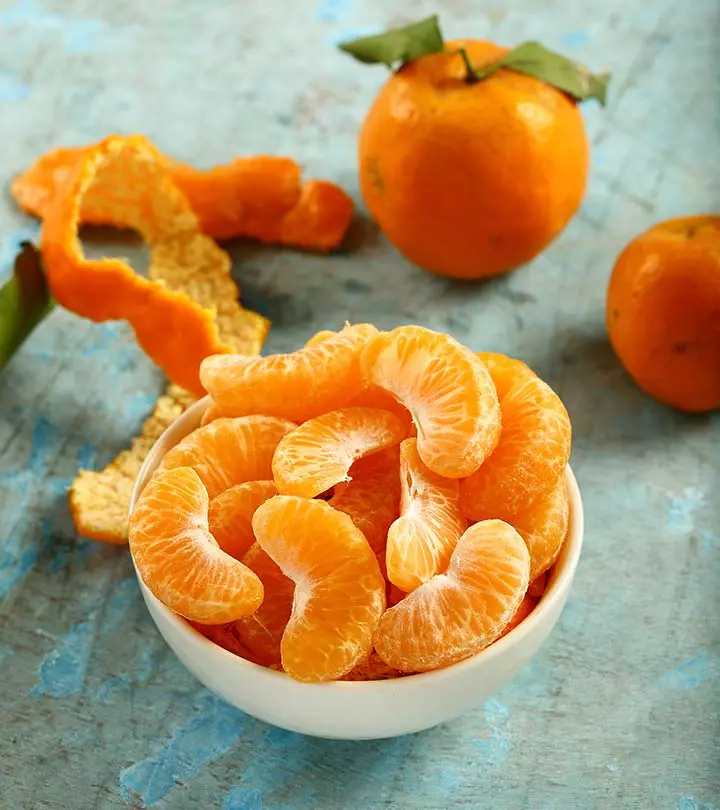
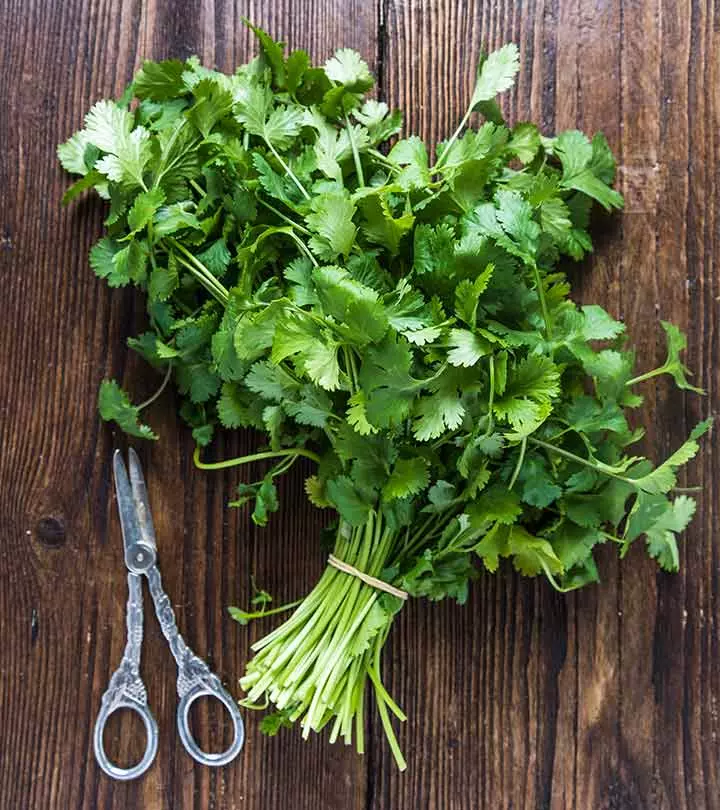
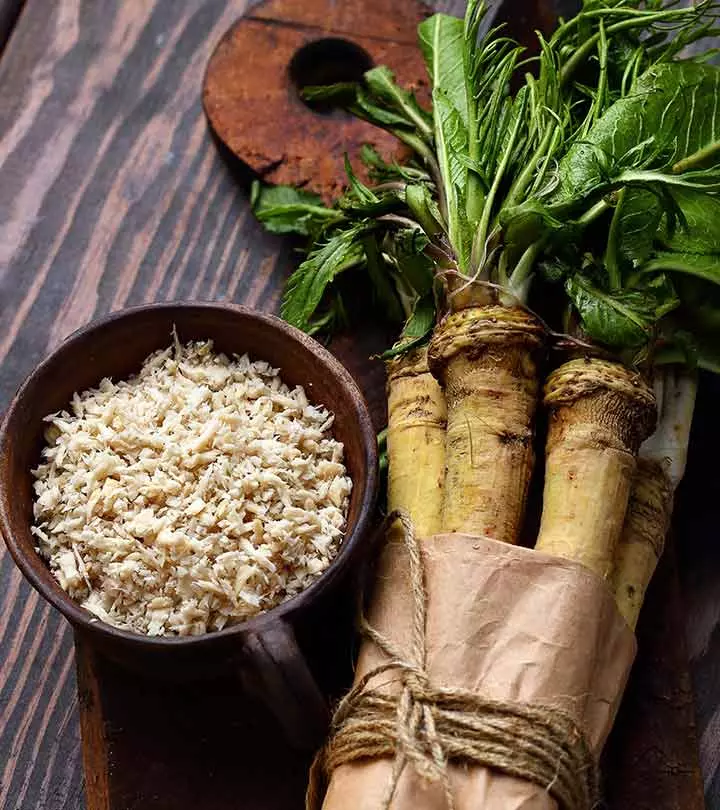
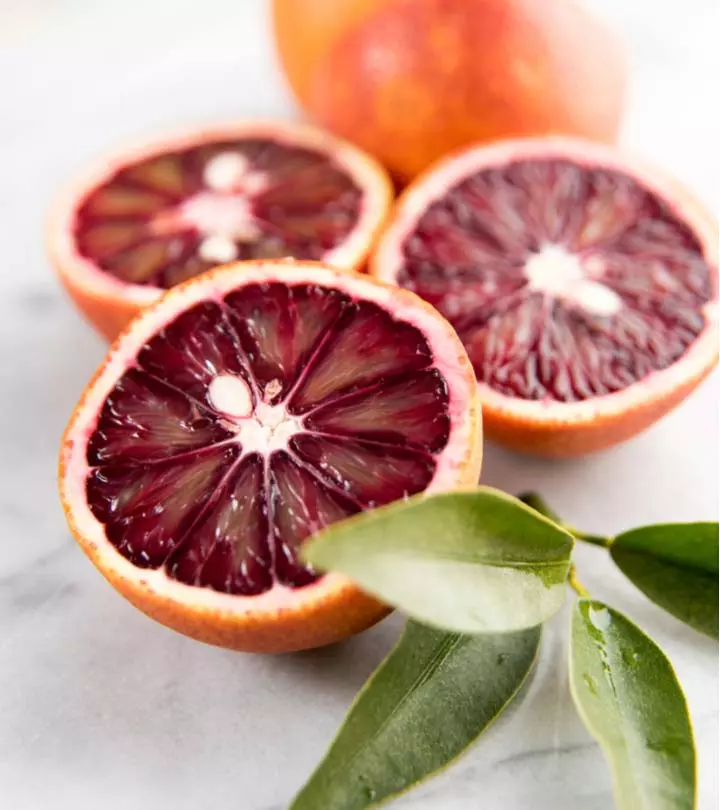

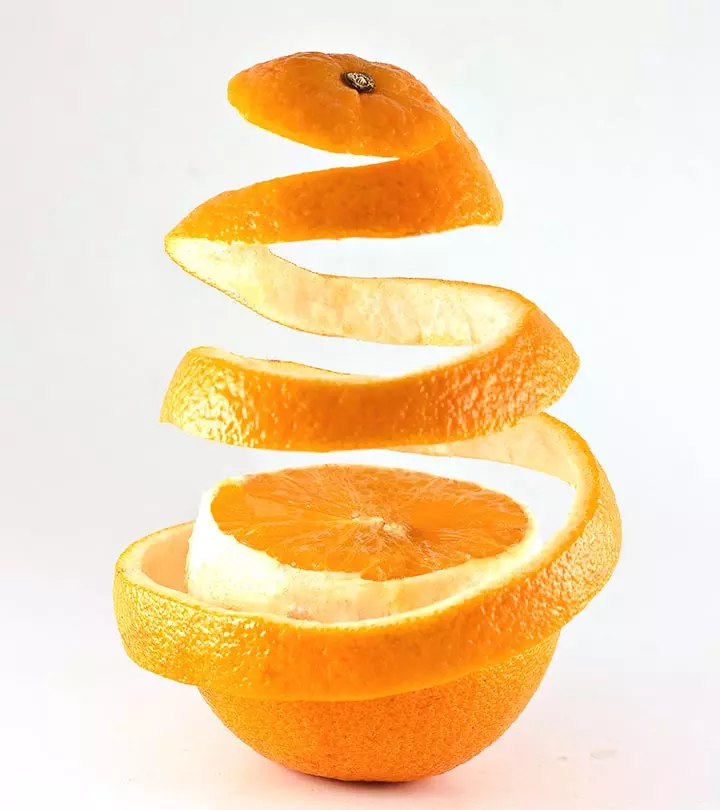
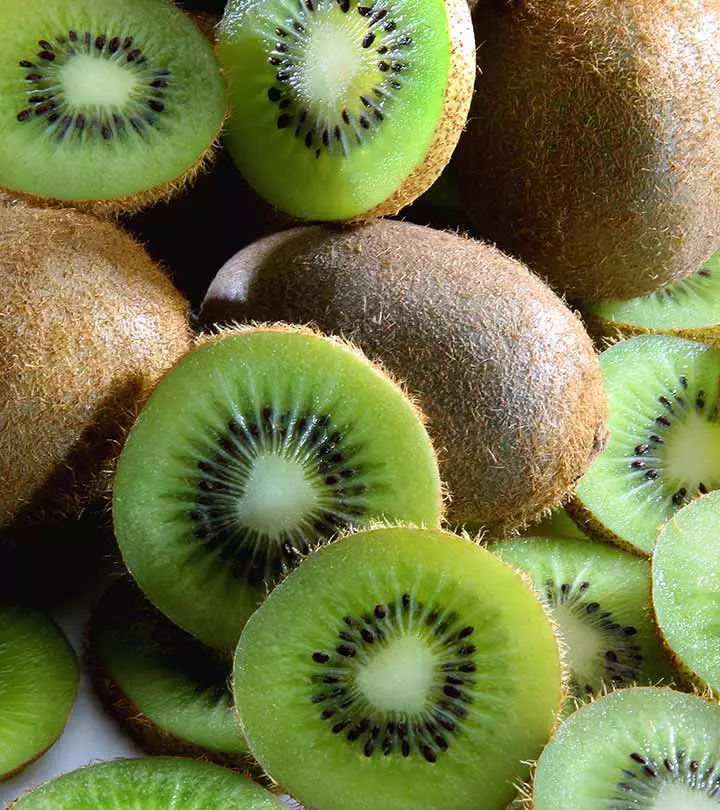
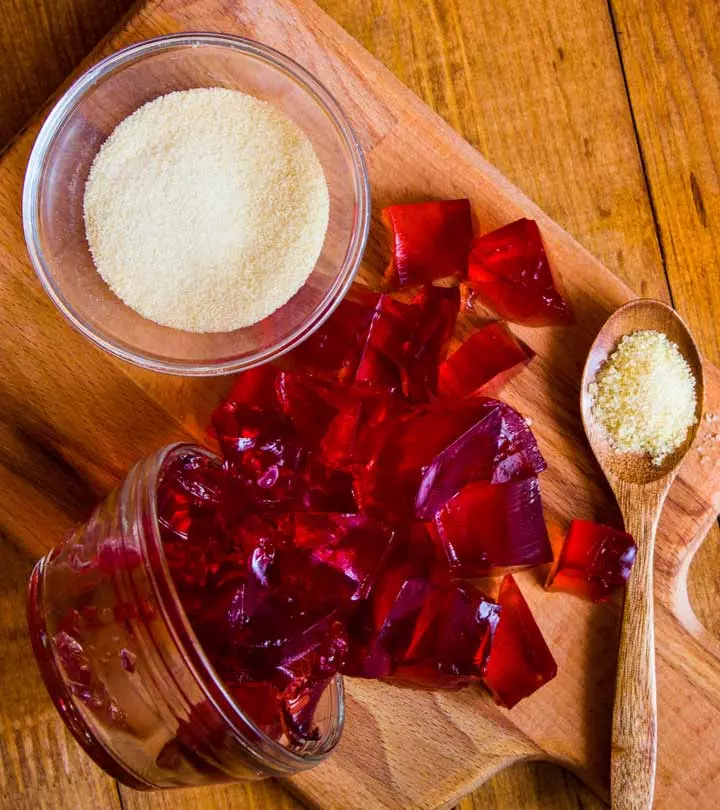
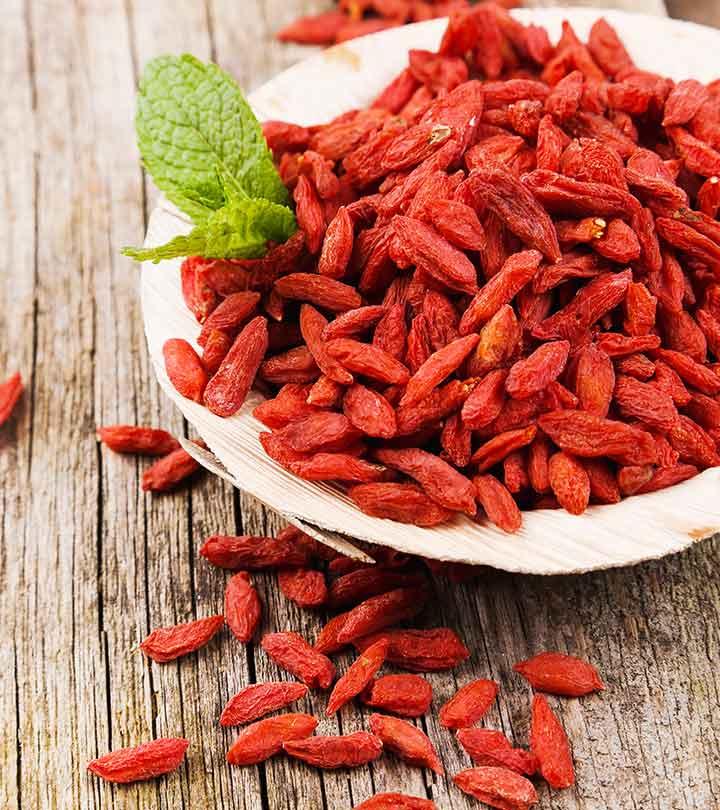



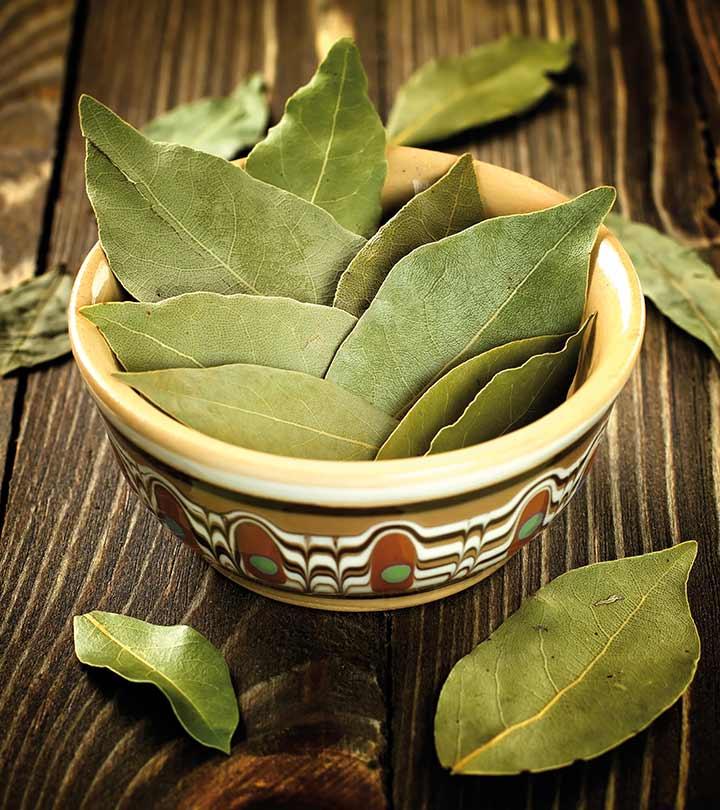
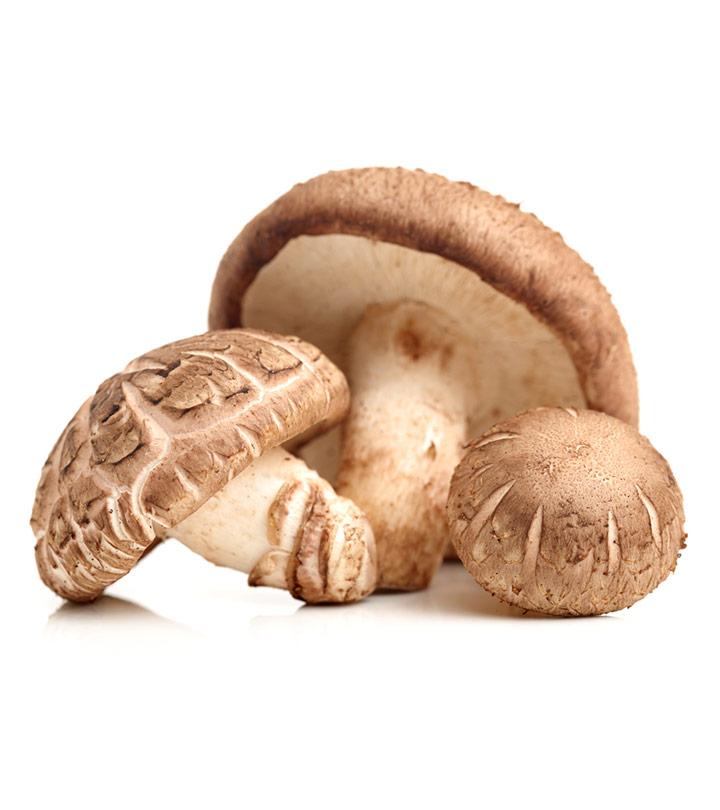
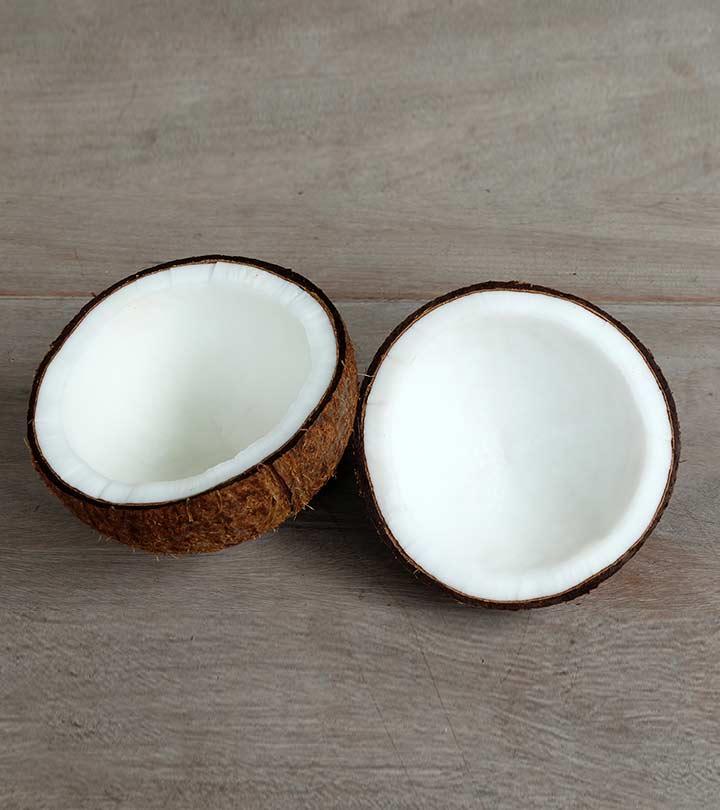
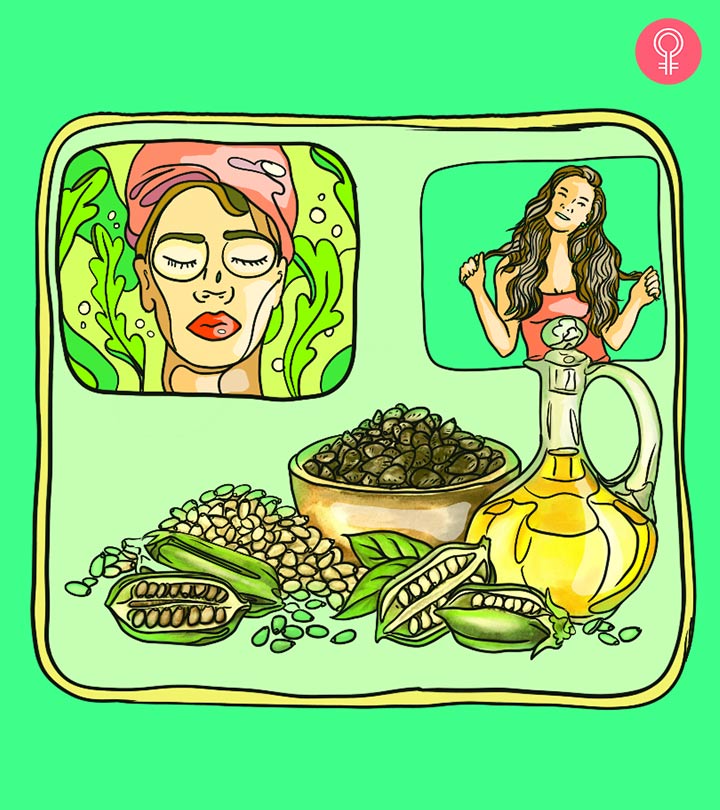
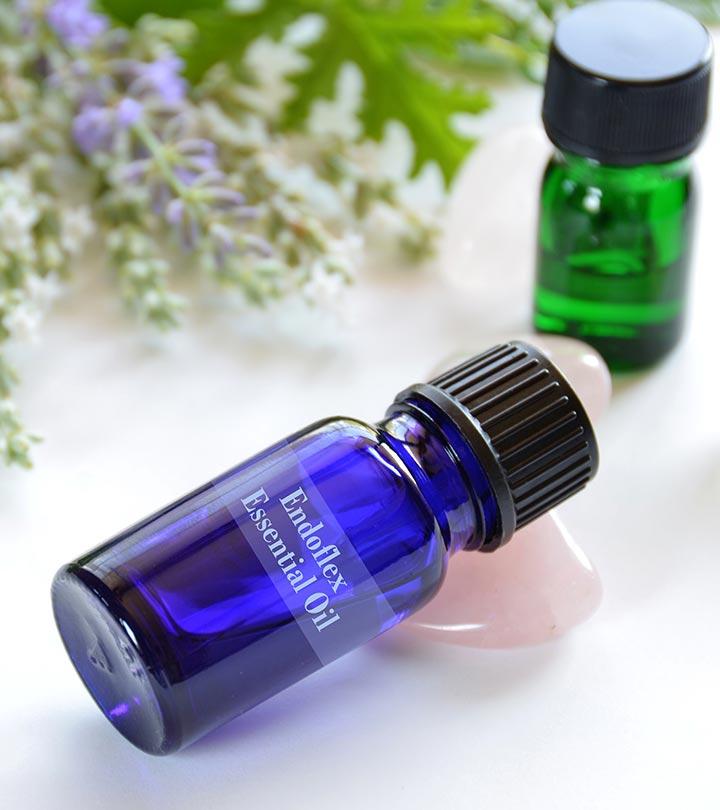
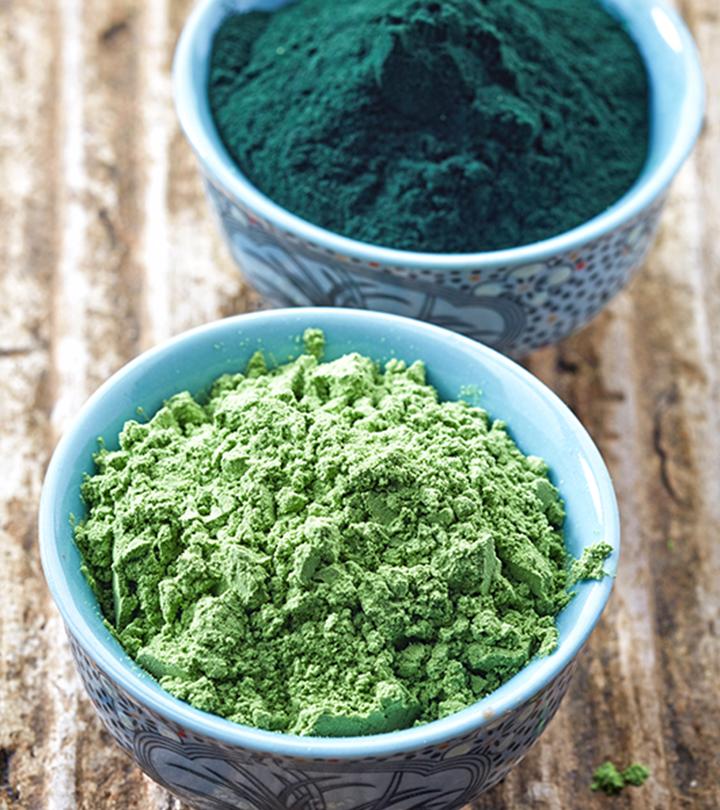

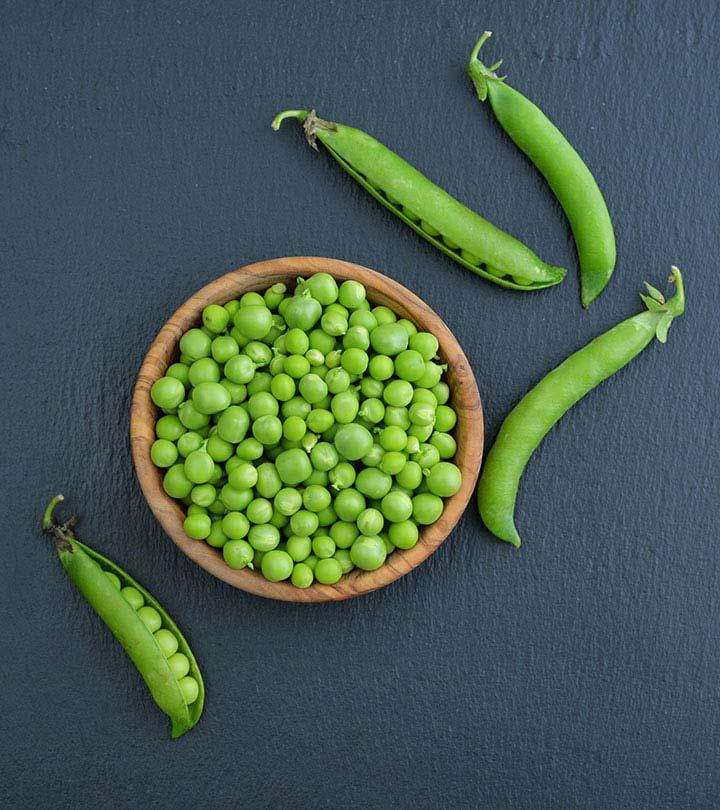
Community Experiences
Join the conversation and become a part of our empowering community! Share your stories, experiences, and insights to connect with other beauty, lifestyle, and health enthusiasts.